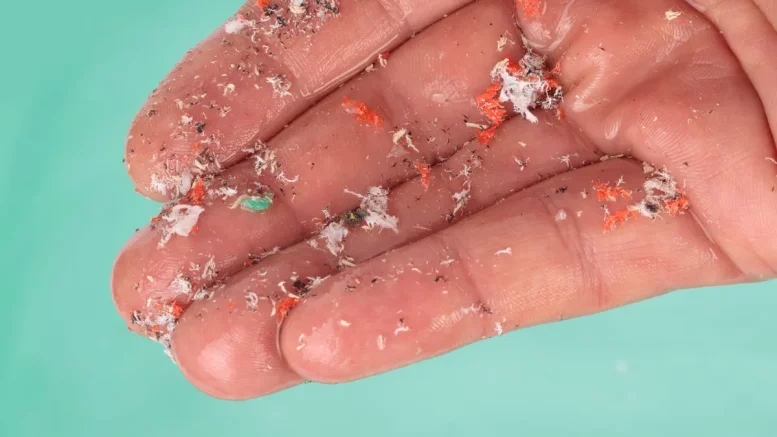Doctors have raised concerns about the potential life-threatening consequences of plastic pollution after discovering a significantly elevated risk of stroke, heart attack, and premature death in individuals with blood vessels contaminated by microscopic plastics.
A study conducted by researchers in Naples examined fatty plaques extracted from the blood vessels of patients with arterial disease. More than half of these plaques were found to contain deposits contaminated with tiny particles of polyethylene or polyvinyl chloride (PVC).
Individuals with plaques containing microplastics or nanoplastics were nearly five times more likely to experience a stroke, heart attack, or death from any cause over the subsequent 34 months, compared to those whose plaques were free from plastic contamination.
While the findings do not establish a direct causative link between plastic particles and cardiovascular events, research on animals and human cells suggests that these particles may indeed contribute to such health risks.
Dr. Raffaele Marfella, lead author of the study from the University of Campania Luigi Vanvitelli in Naples, emphasized the potential impact on cardiovascular health posed by plastic pollution. He underscored the urgency of prevention through reductions in plastic production, as society grapples with the pervasive nature of plastic pollution across the globe.
The research was prompted by observations of increased incidents of strokes and heart attacks in patients previously considered low risk. The study analyzed plaques removed from 304 patients with atherosclerosis affecting the carotid arteries, the main blood vessels supplying blood to the neck, face, and brain.
Lab tests revealed the presence of polyethylene and polyvinyl chloride in a significant portion of the extracted plaques, alongside signs of inflammation. Electron microscope examinations identified minute foreign particles in the fatty deposits, underscoring the pervasive nature of plastic pollution even within the human body.
The study followed 257 patients post-plaque removal, with those exhibiting plastic particles in their plaques showing a significantly heightened risk of cardiovascular events or mortality.
While further research is needed to conclusively establish the role of plastic pollution in cardiovascular diseases, the study highlights the urgent need for greater awareness and action to mitigate the risks posed by plastic pollution to both human health and the environment.
Professor Holly Shiels from the University of Manchester emphasized the importance of investigating the impact of micro- and nanoplastics on plaque formation and coronary heart disease, suggesting that these particles and associated toxins could potentially trigger events leading to the development of atherosclerosis.

